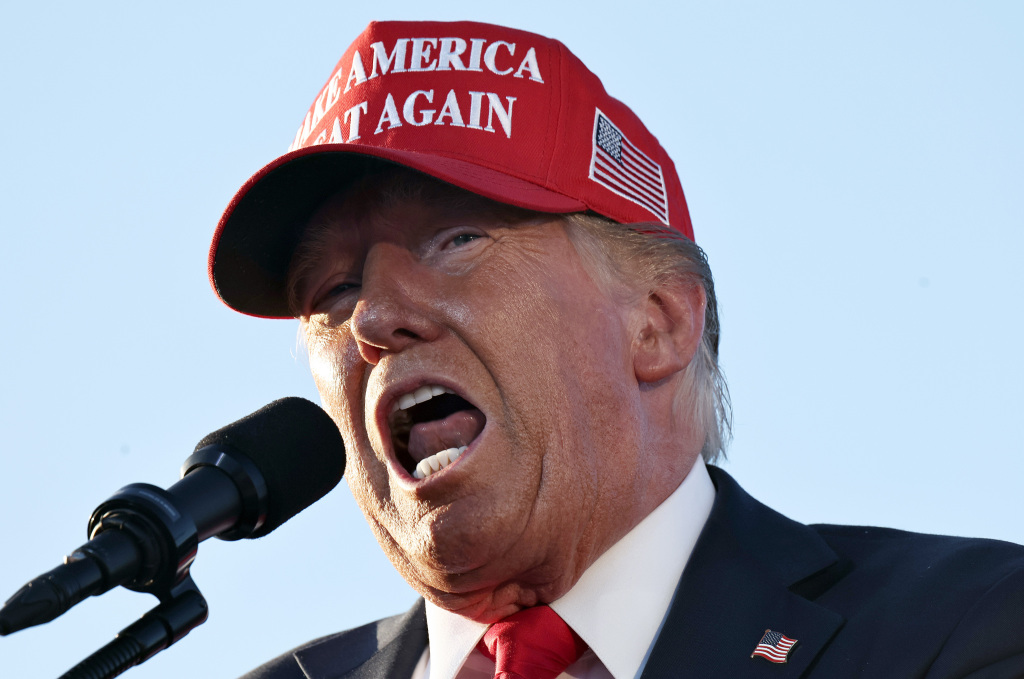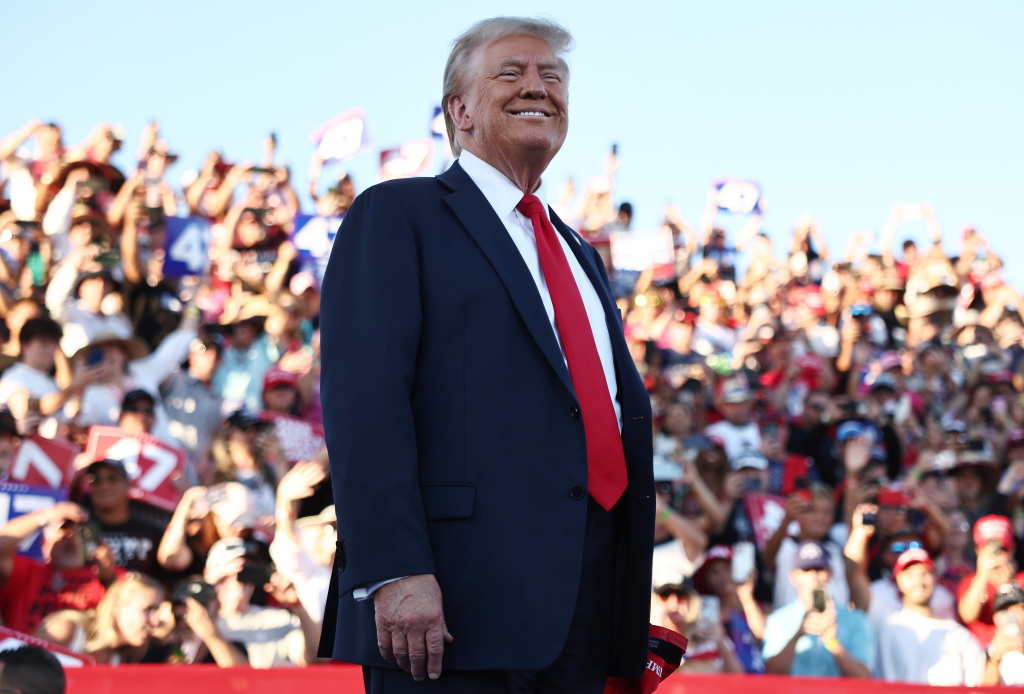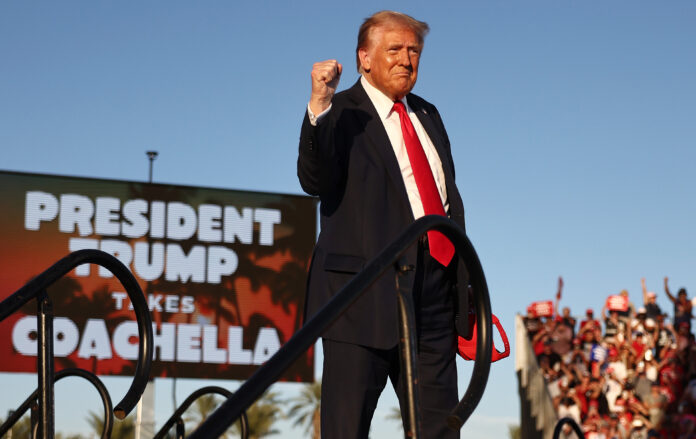Recent polling data from Pennsylvania highlights a tight race between Vice President Kamala Harris and former President Donald Trump, but betting markets tell a different story. According to offshore platforms like Polymarket, Trump’s chances of winning the presidency have been improving. Here’s a closer look at the factors behind his rising odds.
Betting Trends Favor Trump

Since the vice presidential debate between JD Vance and Tim Walz, betting markets have shifted in Trump’s favor. Notably, Polymarket saw a significant influx of bets that increased Trump’s chances of winning key swing states like Pennsylvania, Wisconsin, and Michigan. For the first time since late July, Trump was given a slight edge in Wisconsin and Michigan, which are crucial battleground states in any presidential race.
As of Tuesday, Trump’s overall probability of winning the 2024 election stood at 56.5% on Polymarket, marking his best odds since July 30. While betting on U.S. elections is not legally permitted within the country, offshore platforms still track international betting interests, which can reflect shifting sentiments.
Pennsylvania as a Decider
Pennsylvania, with its 19 electoral votes, is expected to play a pivotal role in the election outcome. Harris currently holds a narrow lead in the state according to some bettors, but any shift in favor of Trump could dramatically alter the overall election results. If Trump secures Pennsylvania, along with other competitive states, he could surpass the crucial 270 electoral vote threshold.
Improved Odds Compared to 2016 and 2020
Trump’s current odds of winning are considerably better than in his previous presidential bids. In 2016, he had only a 17% chance of defeating Hillary Clinton as Election Day approached, according to Betfair Exchange. Trump’s odds in the 2024 race reflect stronger betting confidence compared to both of his previous runs.
Voter Perception of Harris vs. Trump

A key factor influencing betting markets is the difference in public perception of the two candidates. Harry Crane, a statistics professor at Rutgers University who analyzes election betting, suggests that Harris is seen as a relatively unknown figure to many voters. Despite her time as vice president, her media presence has been limited, leaving some voters with less knowledge about her compared to Trump, who is widely seen as an open book. This dynamic could either help or hinder Harris as she becomes more visible in the final weeks of the campaign.
Ultimately, the race remains unpredictable, but recent developments suggest that Trump’s odds of a 2024 victory have improved significantly in recent weeks, especially in key battleground states like Pennsylvania.


